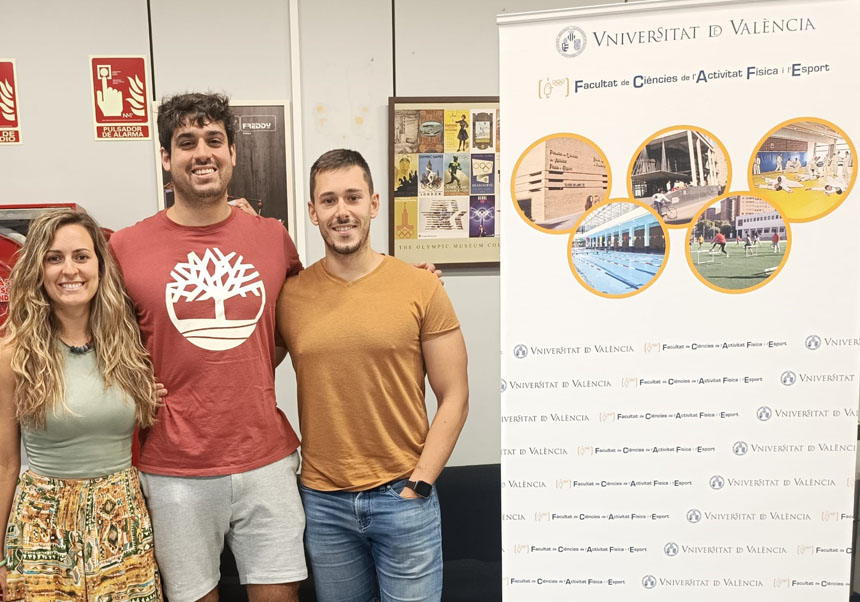Winning the elections is possible due to culture expenditure, according to a research
- Tarongers Institutes Support Unit
- November 3rd, 2020
A research conducted by the Group of Research in Economics of Culture of the Universitat de València (ECONCULT), published in the scholarly journal Sustainability, provides evidence that governing parties in the medium cities take advantage in an opportunistic way of the expenditures of local corporations on culture. Therefore, the expenditure in the pre-electoral year is increased in order to gain voters.
The research analyses the data in the Spanish medium cities (between 20.000 and 100.000 inhabitants) in the elections of 2015 and 2019. “We chose this strip of municipalities attempting to avoid not only the smallest ones where personal relationships and direct knowledge distort the motivations of the votes, but also big urban areas where the most general and global political tendencies exceed” points out Jordi Sanjuan, a young researcher who is taking part in the project.
It is common sense, he explains, “in the election period, politicians in the government will try to use the public budget to gain indecisive electors. It would not sound unreasonable to think that government teams try to use the culture expenditure to improve their electoral appeal since everything that is related to culture is very visible, relatively cheap – against other expenditures such as education, health– and incorporates values that could be applied to a wide range of the ideological spectrum, from preservation of lifestyles for the conservative, identity for the nationalists or transformation, creativity and change for the progressives”. Hence, he continues, “analysing the annual variations of the culture expenditure and comparing it with other expenditures we can observe that, for the 2015 elections, even in the midst of a crisis, if the average culture expenditure decrease of the previous years were 10 euros less per inhabitant each year, in the pre-election year it increased by 3 euros per inhabitant. For the 2019 elections, the increase varies by 2,2 euros per year, and in the pre-electoral year, the increase per head went through the roof to 6 euros. All the analysed expenditures (Culture, Sport, Education and Health), as well as the total spend (which would include from infrastructure to social expenditure), show this opportunistic behaviour. This phenomenon could be explained by the Political Budget Cycles theory, which was already explained by the Nobel Prize, Nordhaus, in the mid-seventies. What is surprising is that culture expenditure is one of the most often used”.
Nonetheless, according to Sanjuán, “the most surprising fact about the research is that the only expenditure variation which statistically and significantly contributes to improving the chances of being re-elected is spending on culture. The marginal effects analysis evinces the likelihood of a government party to be re-elected. It statistically significant declines if there is a high rate of unemployment in the municipality, if in the local elections there is not a high turnout in the local elections (high turnouts are activated to dismiss the rulers in office), if there is a high proportion of the population aged 65 years and over (a population not used to changes). Additionally, it is also taken into account if there has been a considerable expenditure on cultural events the year before the elections.”
Such is the significance of the cultural effect, points out Sanjuán “that assuming that the expenditure on culture in the pre-electoral year increases by a third in percentage points of the total budget in comparison to the previous year (for instance, from 6% to 8), this would increase the likelihood of being elected by almost 10%. Given that the budget proportion invested in culture is relatively small (around 5%), it could be inferred that spending on culture is a relatively profitable way of winning the favour of the voters. On the one hand, this discovery could be beneficial for culture, since it highlights its electoral impact, and provides it, as a sector, with negotiating capacity towards the political sphere, but it distorts significantly the need for a certain instrumental rationality of local cultural policy, due to the fact that it makes out of it the object of desire of opportunists”.
The article in which the research is written in further detail has been published in a special edition of the Swiss scientific magazine journal, dedicated to culture in the middle cities. Together with Sanjuán, it is also signed by Pau Rusell, Vicente Coll and Raúl Abeledo.
More information:
File in: Recerca, innovació i transferència
















